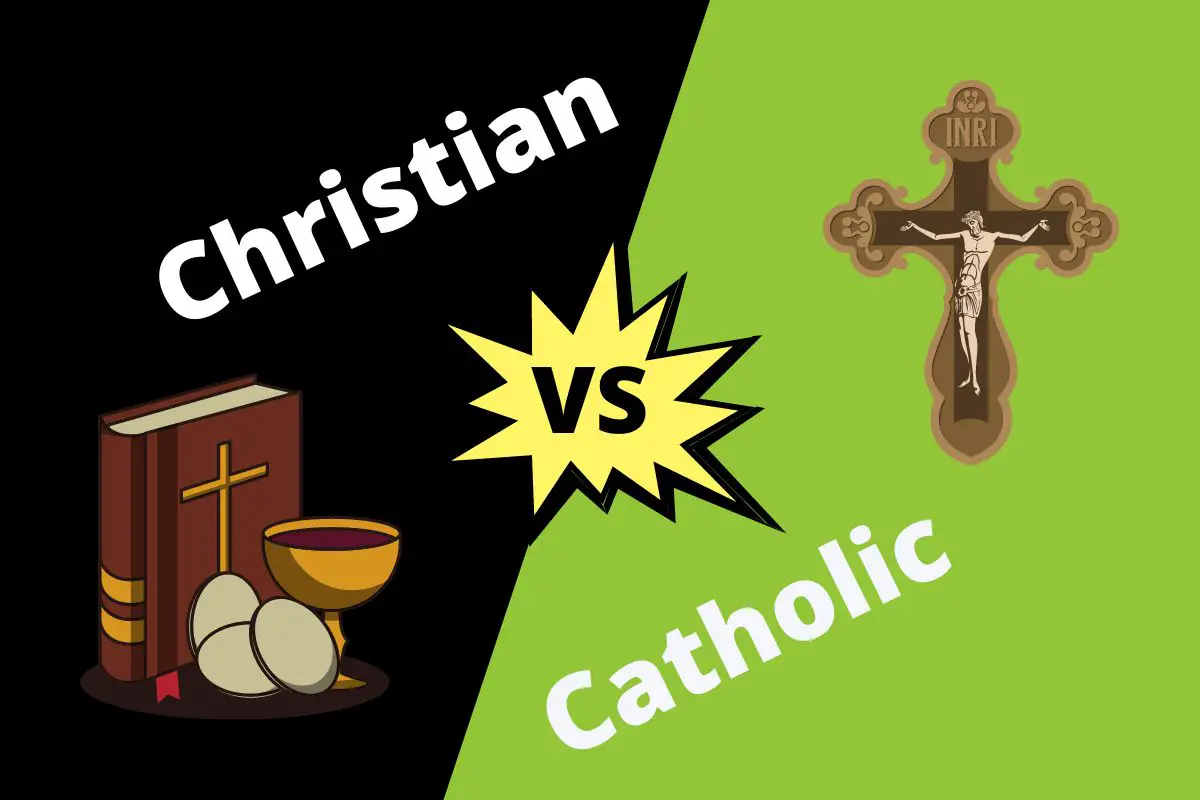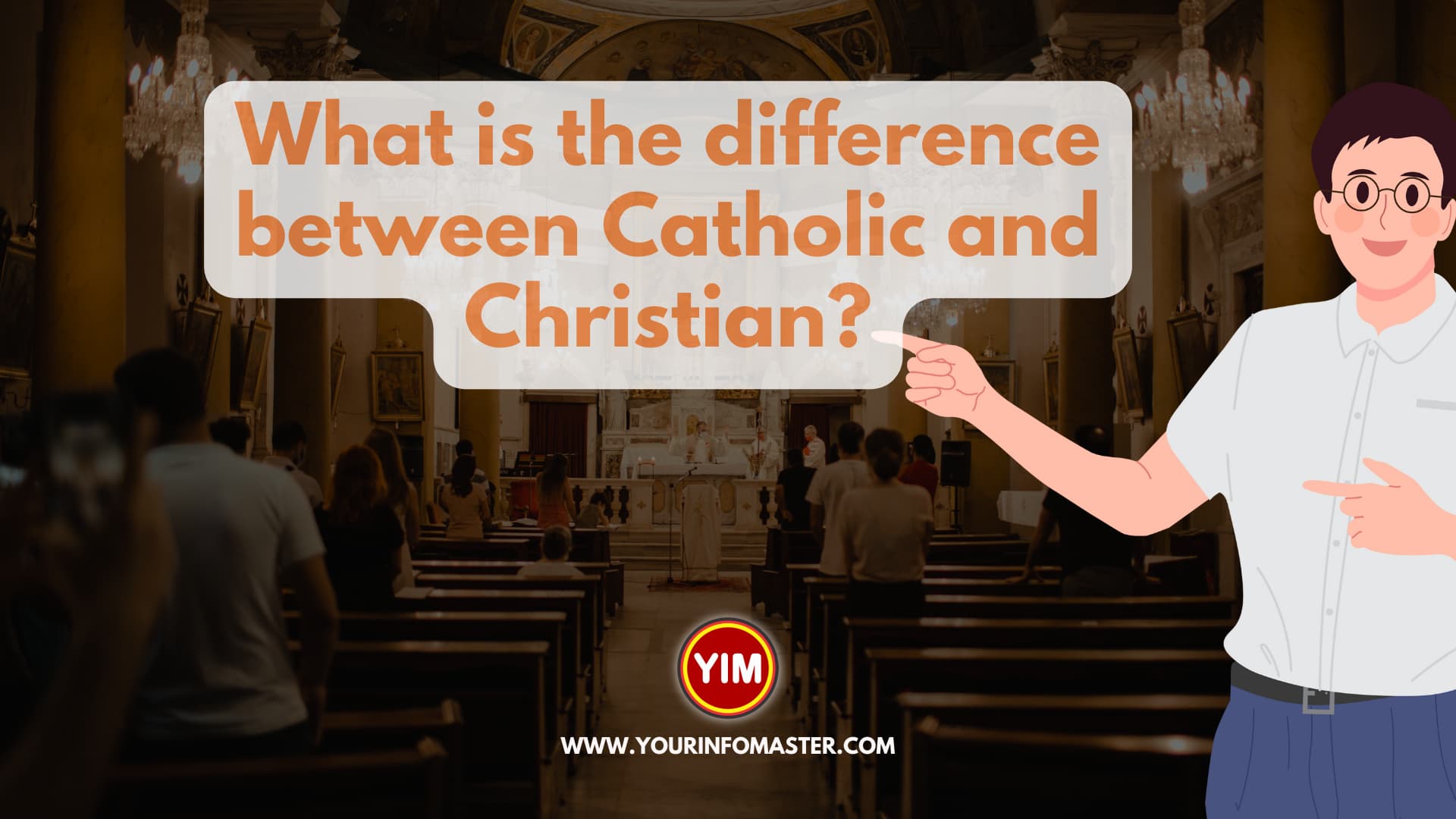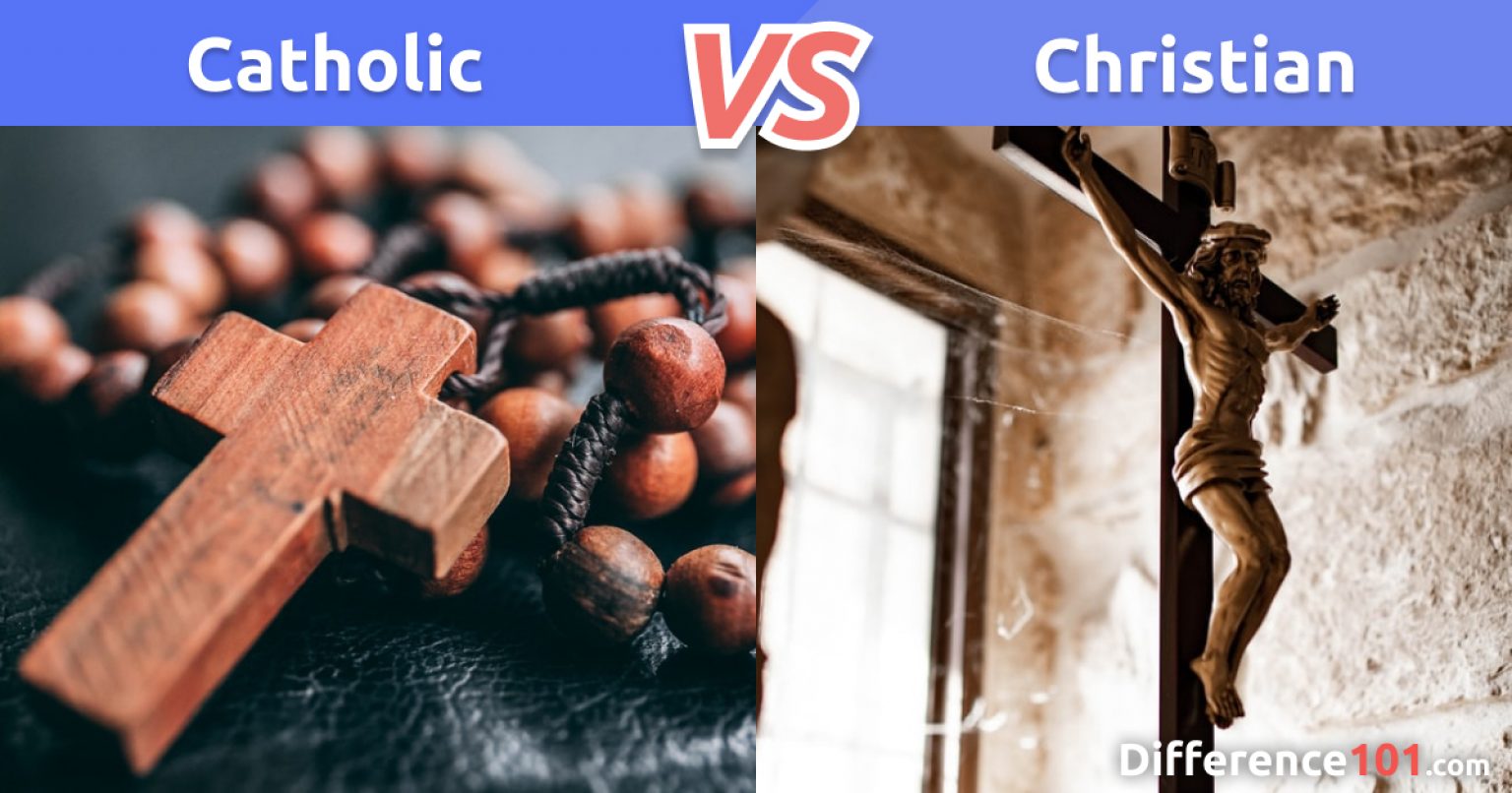Unveiling the Mysteries of the Faith: A Comparative Analysis of Catholicism and Christianity
In the realm of spirituality, few topics evoke as much curiosity and debate as the age-old question: what sets Catholicism apart from Christianity? While both faiths share a common foundation in Christianity, Catholicism has evolved over the centuries to develop its own distinct theology, practices, and traditions. In this comprehensive article, we will delve into the intricacies of both Catholicism and Christianity, exploring the key differences and similarities that define these two majestic faiths.
At its core, Christianity is a monotheistic faith that revolves around the life, teachings, death, and resurrection of Jesus Christ. The Bible, comprising the Old and New Testaments, serves as the sacred scripture of Christianity, offering a rich tapestry of stories, parables, and prophetic writings that convey the will of God. As the earliest Christian communities began to spread across the globe, various denominations emerged, each with its unique interpretation of Christian doctrine and practice.
Catholicism, on the other hand, is the largest Christian denomination, with an estimated 1.3 billion adherents worldwide. Emerging from the apostolic tradition of Jesus Christ and the early Christian church, Catholicism has developed a rich and complex theology that incorporates elements from both Jewish scripture and early Christian writings. The Catholic Church, with its hierarchical structure and sacramental traditions, has become a distinct entity within the broader Christian family.
A Brief History of Catholicism and Christianity
The Early Years: Christianity's Foundational Period
The early Christian community, led by apostles such as Peter and Paul, struggled to establish its identity within a predominantly Jewish context. As the faith spread throughout the Mediterranean world, Christian teachings began to take shape, with a growing emphasis on the importance of faith, morality, and community. The New Testament epistles, written by figures like Paul and James, provide invaluable insights into the theological debates and social concerns of the early Christian community.
The Reformation and the Emergence of Protestantism
The Protestant Reformation of the 16th century marked a significant turning point in the history of Christianity, as Martin Luther and John Calvin challenged the authority of the Catholic Church and advocated for a more direct, biblically-driven approach to faith. This divide would eventually give rise to numerous Protestant denominations, each with its own distinct traditions and interpretations of Christian doctrine.
The Development of Catholicism: A Synthesis of Traditions
In contrast to the fragmentation of Protestantism, Catholicism has tended to maintain a more centralized, hierarchical structure, with the Pope serving as the supreme authority. The development of sacraments, devotional practices, and liturgical traditions has also contributed to the distinct character of Catholicism. From the early days of the Church, Catholics have recognized the importance of tradition, exploring the connections between scripture, reason, and the experience of the faithful.
Major Milestones in Catholic History
• The Council of Nicaea (325 CE): The first ecumenical council, which established the Nicene Creed as a defining statement of Christian doctrine.
• The Crusades (1095-1291 CE): A series of military campaigns launched by Catholic Church leaders to reclaim the Holy Land from Muslim rule.
• The Renaissance and the Reformation (14th-16th centuries CE): A period of cultural and theological renewal that saw the emergence of Catholic reform movements and the spread of Protestantism.
A Comparative Analysis of Catholicism and Christianity
Theology and Doctrine
While both Catholicism and Christianity share a common foundation in Christianity, significant theological differences have emerged over the centuries. Catholicism places great emphasis on the role of the Church as a mediator between God and humanity, as well as the importance of sacraments and tradition in understanding Christian doctrine. In contrast, Protestantism tends to stress the individual's direct relationship with God, as well as the authority of scripture as the sole guide for faith and practice.
Practices and Traditions
Catholicism is characterized by a rich array of devotional practices, including the veneration of saints, the use of icons and relics, and the celebration of numerous sacraments. In contrast, Protestantism tends to emphasize simplicity and austerity in worship, with a focus on preaching, prayer, and communion.
Biblical Interpretation
A significant point of contention between Catholicism and Christianity lies in the interpretation of scripture. Catholics view the Bible as a sacred text that requires tradition and the authority of the Church to understand, while Protestants emphasize the individual's direct interpretation of scripture, free from the influence of tradition or Church authority.
The Role of Mary and the Saints
In Catholicism, the Virgin Mary is revered as the Mother of God, while in Protestantism, she is viewed as a secondary figure in Christian salvation. Similarly, the veneration of saints is an essential aspect of Catholic devotion, while Protestants tend to reject this practice, viewing it as a form of idolatry.
A Closer Look at Catholic Doctrine
The Sacraments of the Catholic Church
The Catholic Church recognizes seven sacraments, each with its own unique purpose and significance:
• Baptism: a sacrament of initiation, marking the beginning of a person's spiritual journey.
• Confirmation: a sacrament that confirms a person's faith and empowers them to live a life of witness.
• Eucharist: a sacrament that celebrates the sacrifice of Christ and the unity of the Church.
• Penance: a sacrament that offers forgiveness and reconciliation for sins committed.
• Anointing of the Sick: a sacrament that brings healing and comfort to the afflicted.
• Holy Orders: a sacrament that ordains men to the priesthood and other ministries.
• Matrimony: a sacrament that unites a man and woman in a lifelong commitment of love and fidelity.
The Role of Tradition in Catholic Doctrine
Tradition plays a vital role in
Jelly Beansrome
Madison Beer Parents
Did Karla Homolka Parents Forgive Her
Article Recommendations
- Karlan And Connieenio Crimecene Pos
- Tara Reid Husband
- Piddy Passed Away
- Who Is Lori Onhark Tank
- Norissa Valdez
- Taylorwift Weight
- Michaelaly Parents
- Owen Wilsonead
- Who Isamon Imani
- Jackerman



